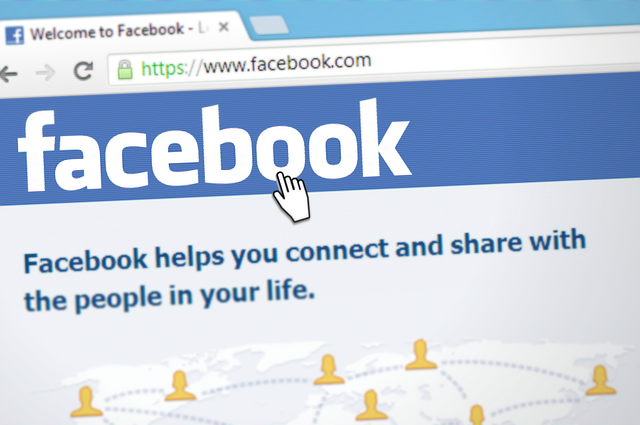Do you know what Facebook activity log is? Read how to use Facebook then tap and use classic mobile browser experience when you manage what you share.
What is Facebook activity log?
Facebook activity log is a feature on Facebook accessible via mobile browsers too. This log lets you review your activities, like device logins, videos viewed, and interactions with groups and events. It’s a valuable tool for managing what you share, including likes, reactions, and comments.

Keep in mind that the appearance of the activity log may vary between classic and updated mobile browser experiences. Additionally, it’s private, and only you can access it, ensuring the security of your information.
How can I see my Facebook activity log?
To view your Facebook activity log, go to your profile picture then tap on it. This will lead you to your activity log on Facebook, where you can review things like photos, videos, text, and status updates.
How accurate is Facebook activity log?
The Facebook activity log is quite accurate. It logs and lets you review all your actions, including posts, photos, and comments. It’s a comprehensive record of your activities on Facebook.
How do I find your Facebook activity?
To find your Facebook activity, navigate to facebook.com on mobile browsers or use the updated mobile browser experience. Then, access your profile, click on your profile picture then tap to see your activity log.

How can I see what pages I’ve visited on Facebook?
In the Facebook activity log, you can review and manage your interactions, including page likes and relationships. This log may appear differently depending on whether you’re using the classic or updated mobile browser experience.
Is Facebook activity log private?
Yes, your Facebook activity log is private. It’s a personal tool for you to review and manage what you share, like photos, videos, text, and status updates. Only you can access it.
Can Facebook activity be tracked?
Facebook activity can be tracked through the activity log. It records various activities like reactions, comments, group activity, and events. You can use your activity log to monitor things like device logins and videos viewed, just like log monitoring tools for IT and network infrastructure do.
Expert Comment
“As we delve deeper into the evolution of digital marketing strategies, understanding the nuances of user engagement through social platforms has become paramount. Dr. Emily Carter, a leading authority in social media analytics and user behavior, shares her insights on the critical role of monitoring tools like the Facebook Activity Log. According to Dr. Carter, ‘The Facebook Activity Log serves as an invaluable resource for marketers aiming to refine their strategies based on real user interactions. Whether it’s tracking login events across various devices or analyzing video engagement, this tool offers a comprehensive view into how users interact with content on Facebook.com via mobile browsers.’
Dr. Carter emphasizes the importance of adapting to the platform’s ongoing enhancements, stating, ‘With the activity log currently in the process of being updated, marketers need to stay agile. The forthcoming changes promise to offer even deeper insights into user behavior, including more detailed information on phone number and email address interactions. This evolution could significantly impact how we approach mobile browser help and overall engagement on Facebook.’
She further highlights the evolving landscape of Facebook activity, particularly how the activity log may appear differently across devices. ‘As users increasingly access Facebook through mobile devices, understanding the nuances of mobile browser usage becomes crucial. Marketers must ensure that their content is optimized for these platforms to capture the full spectrum of Facebook activity.’
In conclusion, Dr. Carter advises, ‘Keeping a close eye on your Facebook Activity Log, especially the segments detailing devices, logins, and videos, can unveil patterns that are essential for tailoring your content and engagement strategies. As this tool undergoes updates, staying informed and ready to adapt will be key to leveraging Facebook’s vast potential for audience engagement.”
